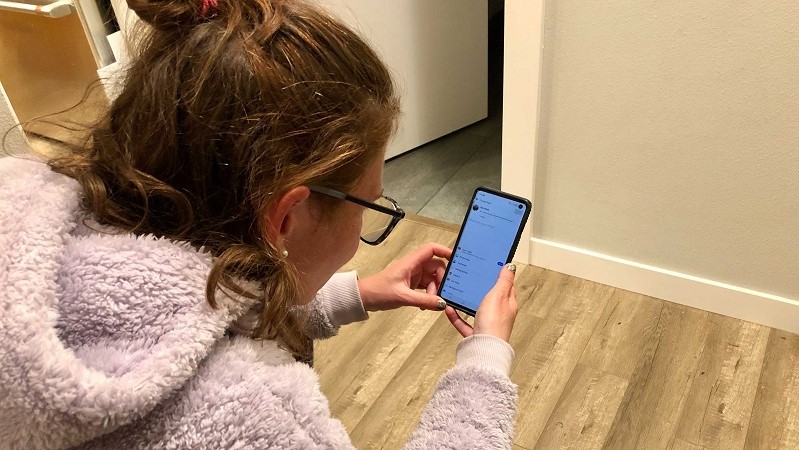We live in a world where it’s becoming increasingly socially acceptable to express your disdain, outrage, or disagreement in a public forum rather than privately with the person against whom you have the complaint. On the one hand, it can be constructive to call out misdeeds and to call out hate and bigotry, with the hope that we’re better able to hold people accountable for their actions. At the same time, this means that we’re constantly forgetting the power and importance of one-on-one conversations when we’re angry, upset, or frustrated. The repercussions from public rebuke can be extreme for both parties; at the same time the lack of consequence or follow through for private response is also troubling. So we’re left with a choice. Which is better: a public shaming with big repercussions, or a private shaming with measured response, but perhaps no significant change?

Our Torah portion this week, Parshat Korach, debates this as well. This week we read the narrative detailing the revolt of Korach. Korach breaks apart the priesthood and prepares a revolt, while Datan and Aviram, two other troublemakers, begin a revolt of their own. Chaos breaks out in the camp, and those who don’t see a purpose to the fight pull away, which turns out to be solid decision making as the earth opens up and swallows Korach and his followers.
The reason for Korach’s revolt is that he feels he and his people don’t have a voice in the current leadership. Moses is upset, he’s trying to do the best he can, and doesn’t know how to move forward. They are at an impasse. Korah decides to make a big public display, airing his grievances and making sure that everyone knows why he is upset. Moses, on the other hand, tries to make amends and find common ground and perhaps a way forward. Tragically in the end, it results in death and destruction on top of the hurt feelings and hate.
What do we learn? It’s hard to know when to speak up and turn a disagreement or difference of opinion into a bigger deal and when a private, more quiet approach is a better way forward. What we can say for certain after reading Parshat Korach is that it’s always best to consider all options before acting. If there are atrocities, if there is corruption, by all means, call it out. And at the same time remember it’s ok to be deliberate and strategic about how you approach delicate or potentially controversial issues. It doesn’t seem to be the preferred method in an age driven by social media and every minute news, but if this week’s Torah portion teaches anything, it’s that the measured response deserves a seat at the table.



